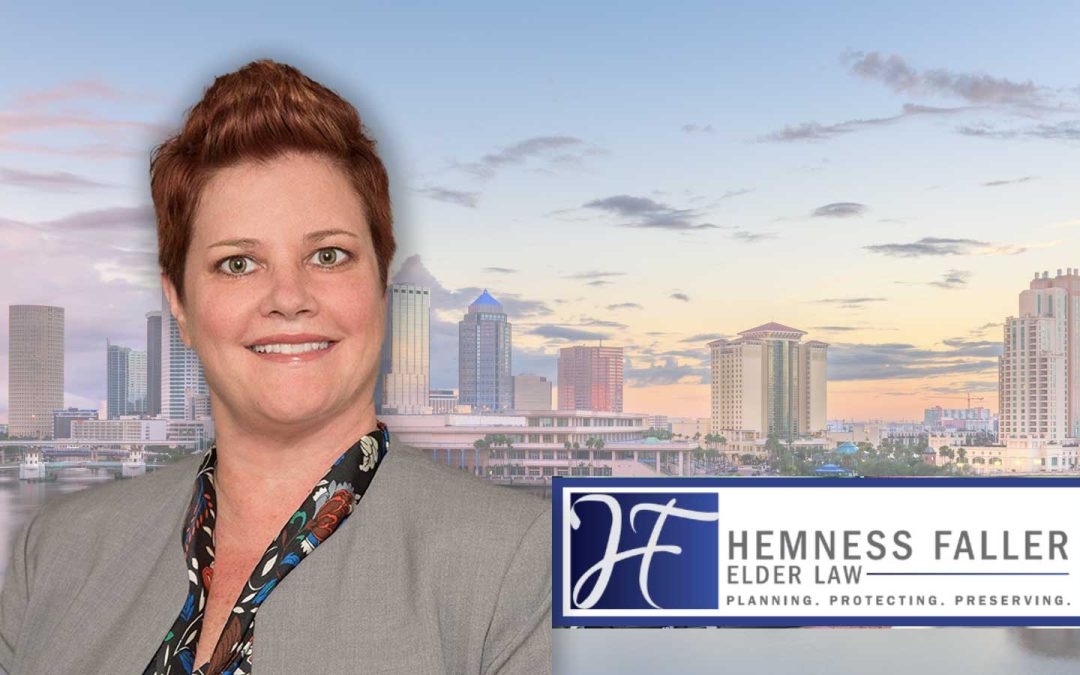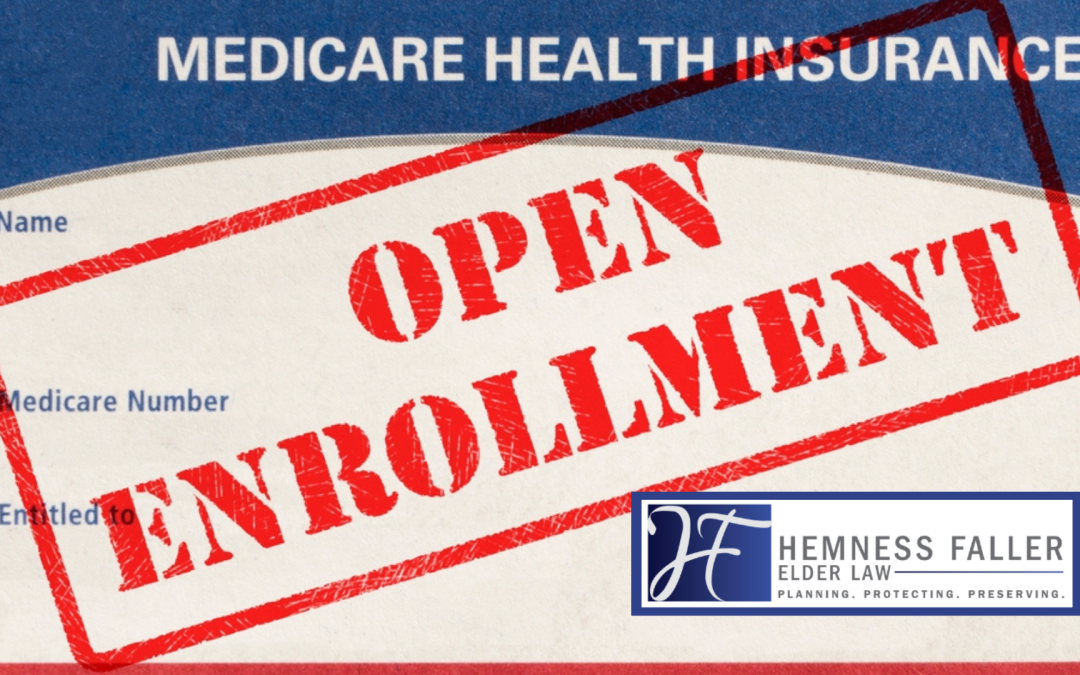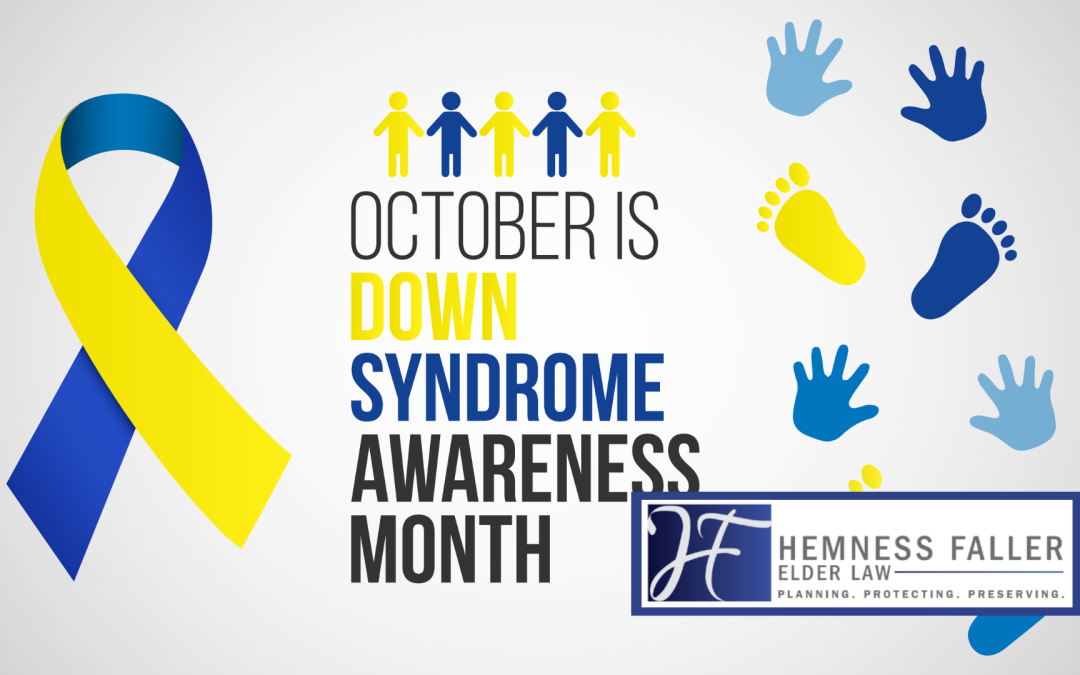When it comes to your child, there are likely no steps you would not take to protect him or her. If your child has a developmental disability, however, it can be challenging to determine the right steps to take to provide adequate protection. When a child turns 18, he or she is able to make decisions on his or her own behalf, without the permission of his or her parents. For parents of a developmentally disabled child, in particular, this can be a time of uncertainty.
To evaluate whether your child needs a guardian advocate,
let us share with you some information about guardian advocacy in Florida.
What is a developmental disability?
According to §393.063(12) of the Florida Statutes, an individual is considered to have a developmental disability if he or she has “a disorder or syndrome that is attributable to intellectual disability, cerebral palsy, autism, spina bifida, Down syndrome, Phelan-McDermid syndrome, or Prader-Willi syndrome; that manifests before the age of 18; and that constitutes a substantial handicap that can reasonably be expected to continue indefinitely.”
What does it mean to be a guardian advocate and are there different types?
In Florida, guardian advocacy is a process where family members or caregivers can obtain legal authority over an individual with a diagnosed developmental disability. Guardian advocacy typically comes in three different types. An individual can become a guardian advocate of a person, of property, or both. Becoming a guardian advocate of a person allows the advocate to make personal decisions about the physical well-being of a child, while property rights include the right to contract on behalf of a child.
Should I consult with an attorney?
The short answer is yes. Guardian advocacy can be a particularly challenging process, which is why we encourage you to seek the guidance of an experienced special needs attorney for assistance. Although it is possible to seek guardian advocacy of your child without the guidance of attorney, there is no substitute to discussing your unique needs with an experienced special needs attorney who can help ensure your child remains legally protected once he or she turns 18 years old.
We know this article may raise more questions than it answers for you. If you have specific questions about guardian advocacy in Florida, do not wait to contact us and let us answer your questions about your unique legal needs.






